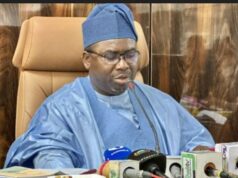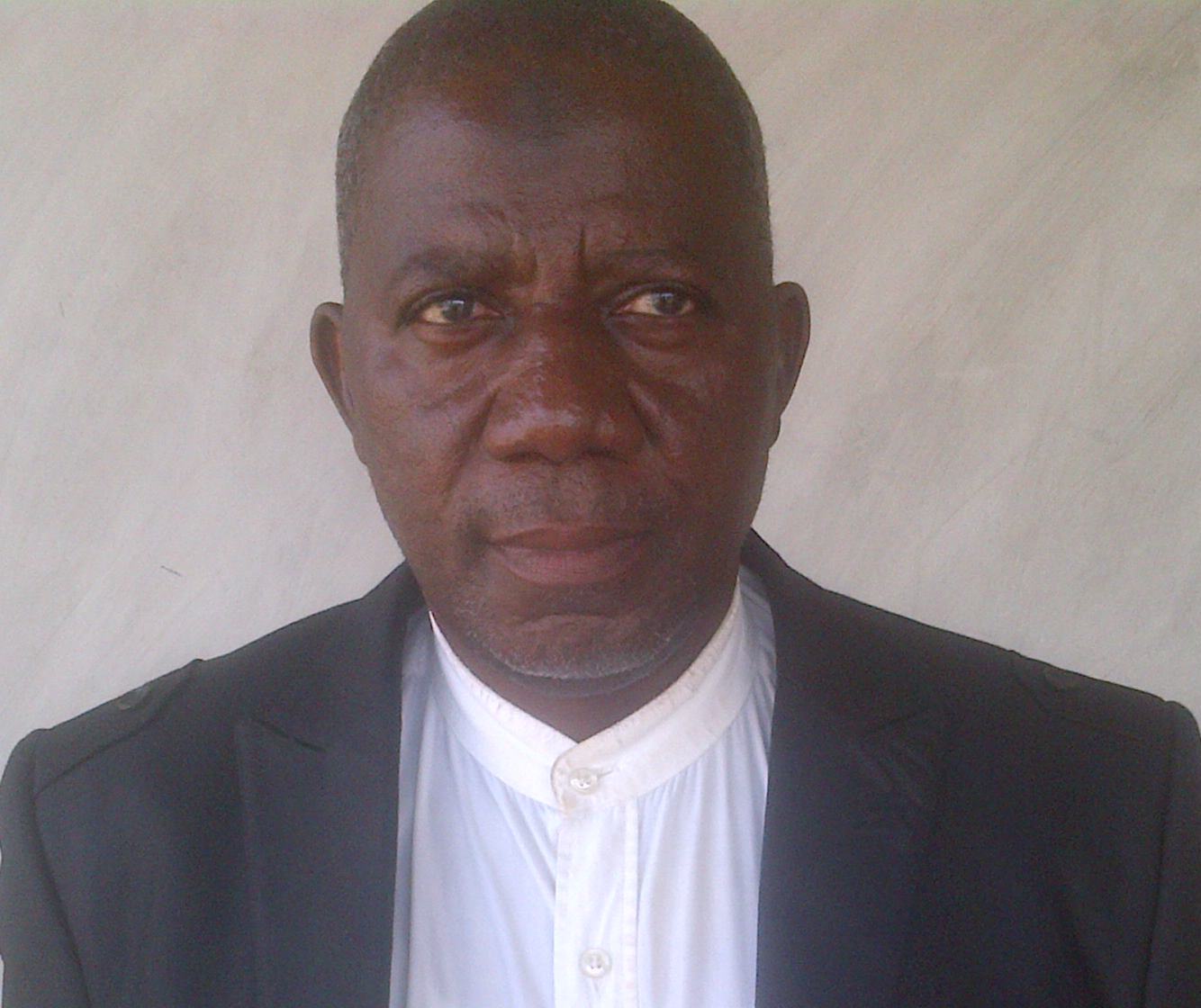Nigeria’s naira is now in a mess as it attained a ridiculous low against the dollar today, a day after the Central Bank of Nigeria (CBN) devalued the currency. This situation, according to financial experts, has complicated efforts to contain inflation before presidential elections early next year.
The central bank devalued the naira by 8 percent and raised interest rates sharply yesterday. It was meant to stem losses to the country’s foreign reserves which have been spent defending the currency as the price of oil – Nigeria’s dominant export – slides in global markets.
The naira fell to a record low of 178.85 to the dollar shortly after the market opened, but rebounded by around 1 percent to 176.35 after two oil companies sold dollars. Nevertheless, that was still just below the new target band of 5 percent either side of 168 to the dollar, announced by Governor Godwin Emefiele yesterday.
Trading in the next few days will test whether financial markets believe the new target is realistic for a country contending with a 30 percent fall in world oil prices since June as well as an Islamist insurgency in the northeast.
Economists welcomed Emefiele’s action as accepting the reality of the naira’s sliding value – in common with the currencies of other oil exporters such as Russia – in trading between commercial banks.
“Given the move higher in the largely-market determined interbank rate … the widening of the band around the official mid-rate, and the setting of the mid-rate at 168 were the right moves,” said Razia Khan at Standard Chartered bank.
Analysts also said that yesterday’s widening of the band from 3 percent either side of the target rate would help to build in some flexibility. The stock market received the devaluation positively, rising by 1.5 percent.
However, continued downward pressure on the naira threatens to stoke inflation by pushing up the cost of imports, on which Africa’s biggest economy relies for around 80 percent of its consumption.
Over the past two years Nigeria has enjoyed historically low inflation in single digits, a target the central bank is keen to keep meeting. A surge in living costs would be a headache for President Goodluck Jonathan less than three months before what is likely to be a closely fought presidential election.
Though Nigeria grows much of its own food, a number of staples, particularly wheat and rice, are largely imported. The statistics office in 2012 estimated that about 60 percent of Nigerians were living on less than a dollar a day in 2010.
Foreign oil companies, which typically buy naira towards the end of the month to fund their Nigerian operations, helped the currency to recoup some of its losses on Wednesday. Total of France sold $20 million and Anglo-Dutch Shell an undisclosed amount, boosting dollar liquidity on the interbank market, dealers said.
Dealers also said there were expectations that the central bank would intervene to keep the naira within the band.
Investors have pulled huge sums out of many emerging economies since the U.S. Federal Reserve began rolling back a policy that kept yields on U.S. debt ultra low. Currencies from economies sensitive to oil prices such as the naira and the Russian rouble have been hardest hit. Angola’s kwanza hit a record low of 100.895 to the dollar on Wednesday.
Falls in the naira have spooked bond investors who had been wooed by Nigeria’s high yields. Africa’s top oil producer relies on crude revenues for 95 percent of its foreign exchange.
The yield on Nigeria’s 2022 government bond rose 45 basis point to 14.25 percent, reacting to the increase in the policy interest rate of 100 basis points to 13 percent on Tuesday.
Trading on the overnight lending market stopped, as banks awaited information from the central bank on when a rise in the level of cash reserves they have to keep would come into force.
Nigerian revenues have also been hit by crude oil theft from pipelines and the disappearance of large sums from the state oil firm that were highlighted by former central bank Governor Lamido Sanusi earlier this year.
Analysts say failing to devalue would have been much worse. “The bold steps taken by the central bank will help tremendously to stem the drawdown in foreign exchange reserves,” South African-based NKC Research said in a note on Wednesday.
“Given the sharp depreciation of the interbank exchange rate in recent months … the cost of imports would have increased even in the absence of an official devaluation.”
According to its website, Nigeria’s central bank has spent an average of $27.9 million a day this year defending the naira. The currency has nonetheless dropped by 11 percent since the start of the year.
Emefiele told an investors’ conference that Nigeria’s foreign reserves stood at $36.5 billion, down 18.3 percent from a year ago. “We will continue to defend the currency as much as we can but not at all costs.” [myad]







